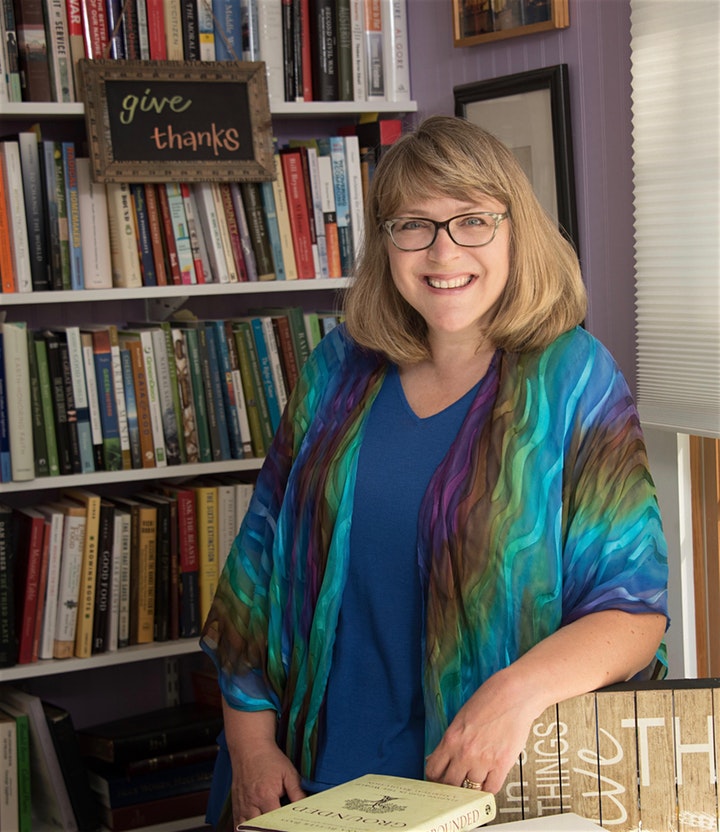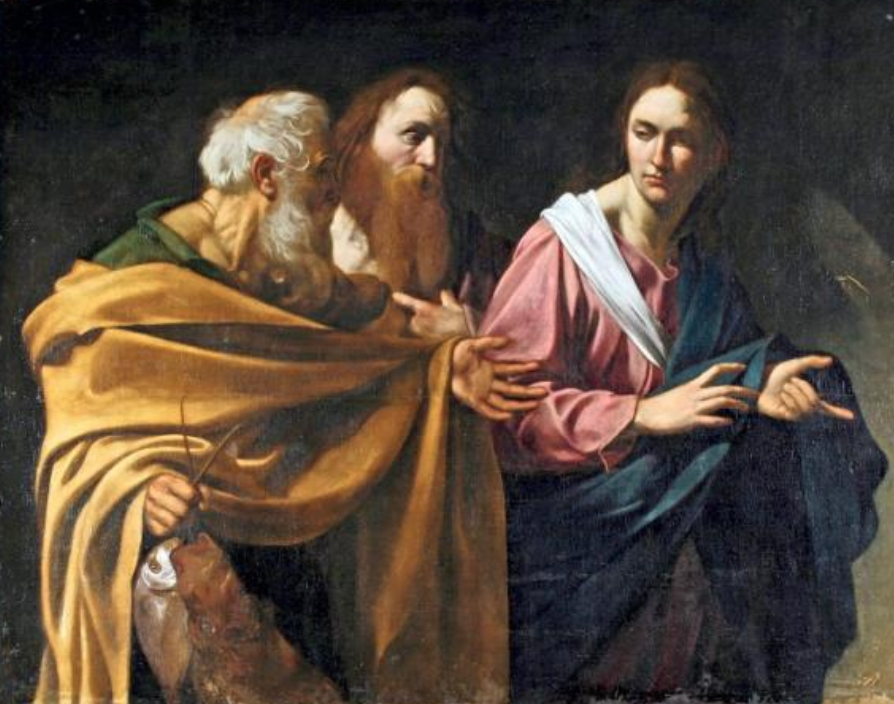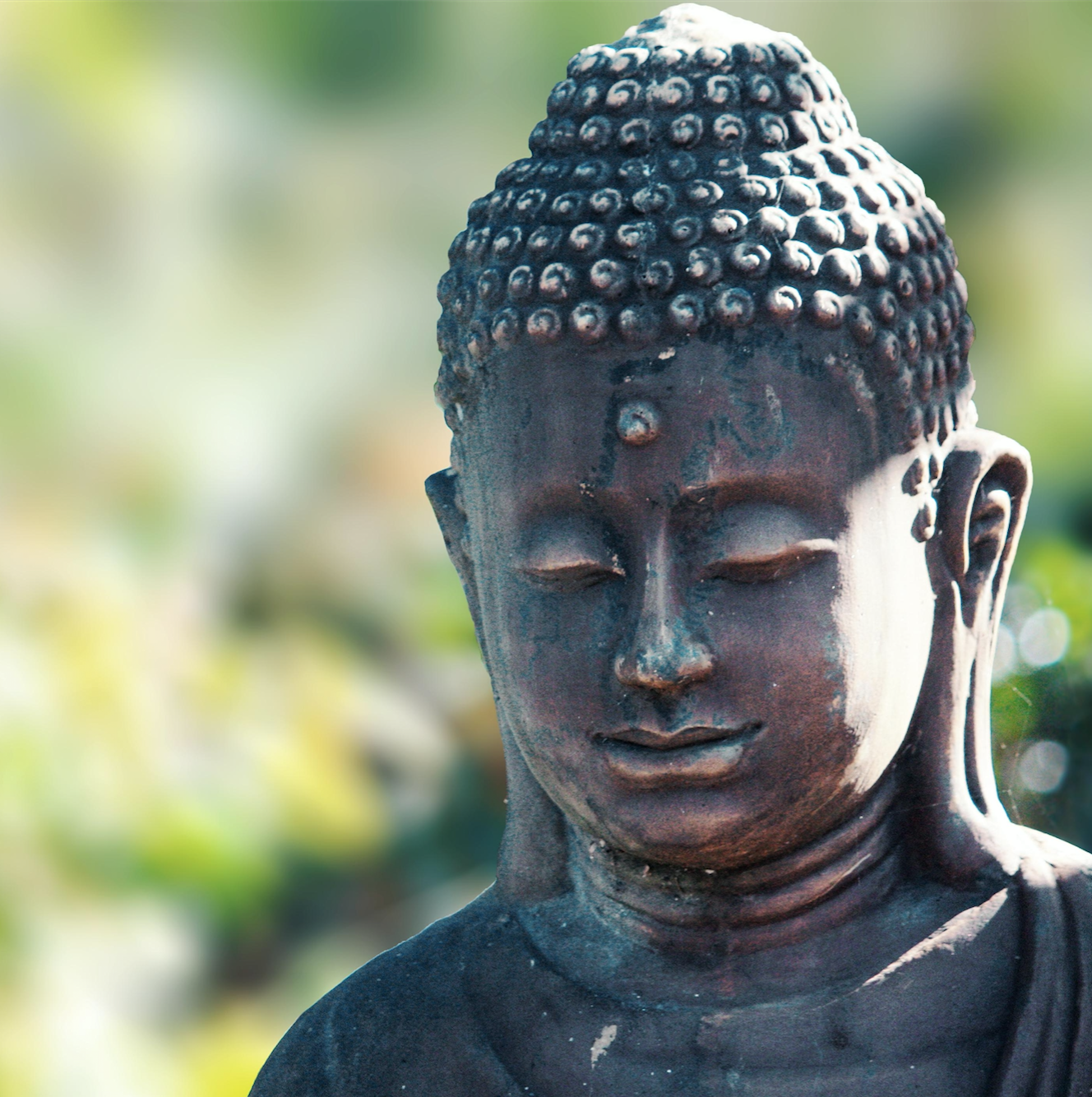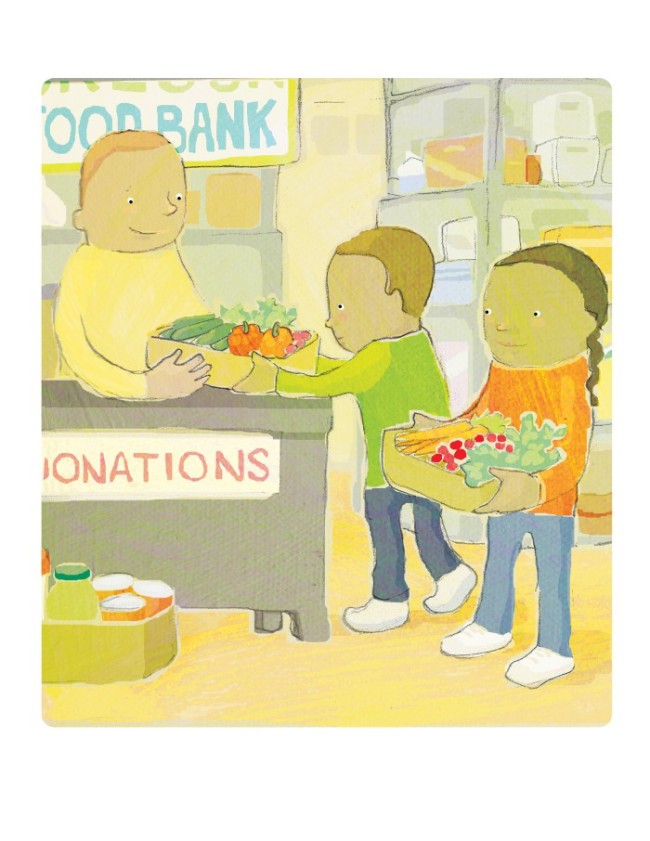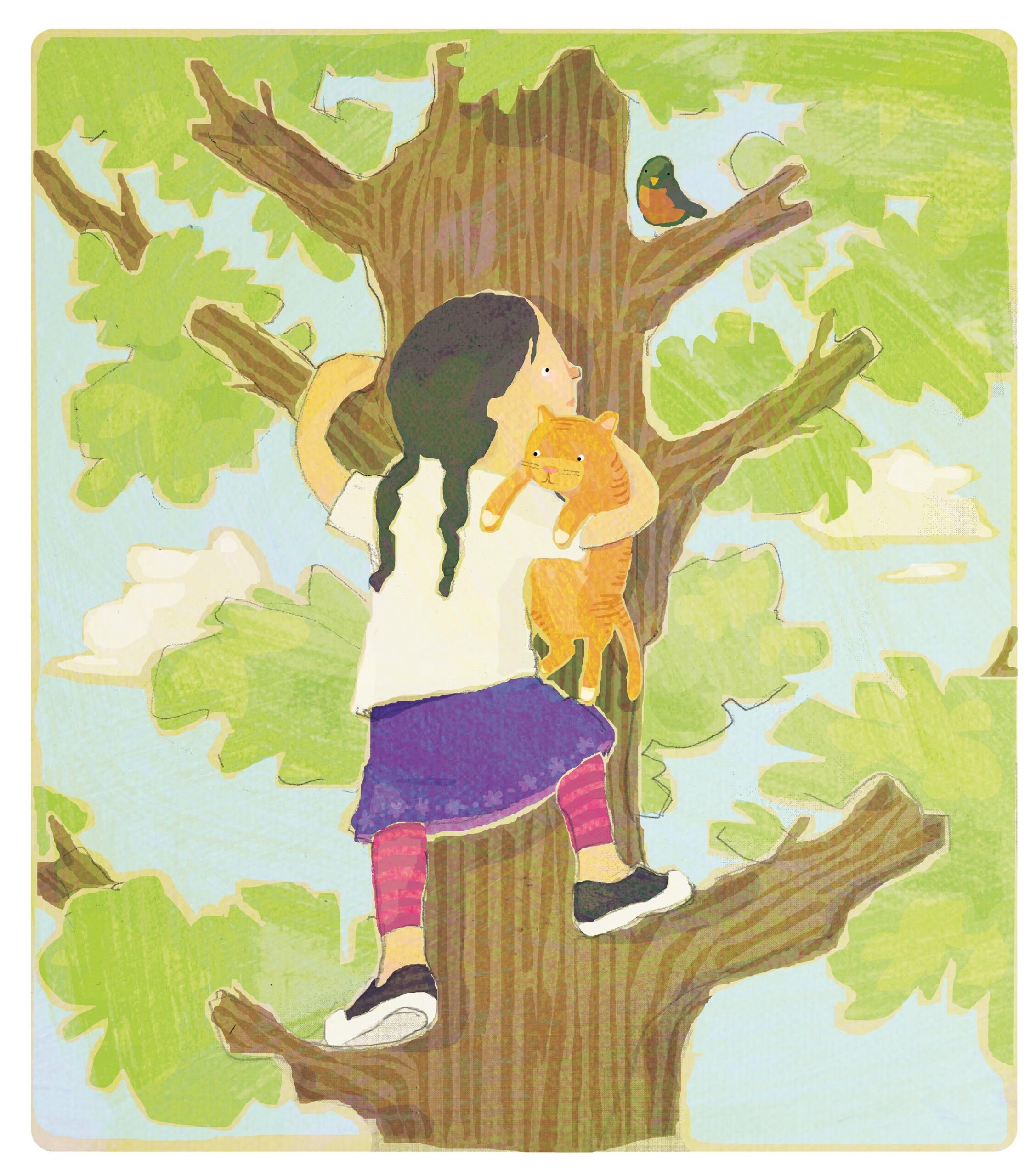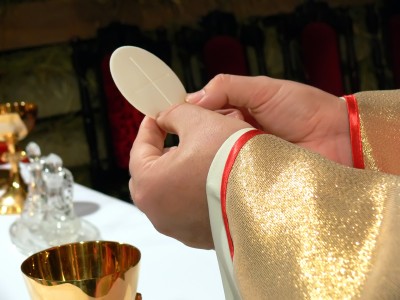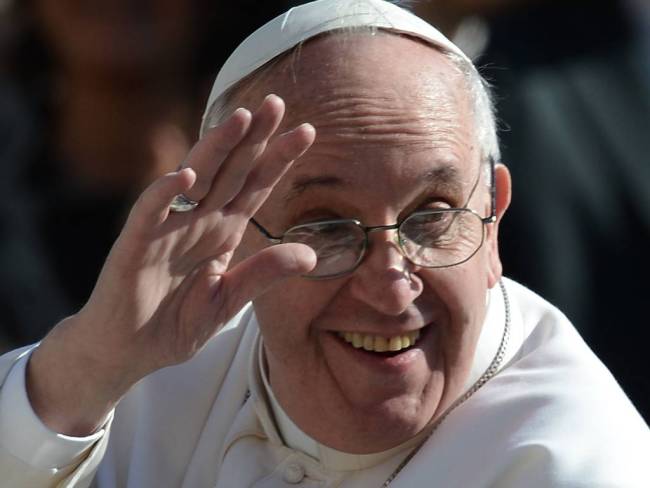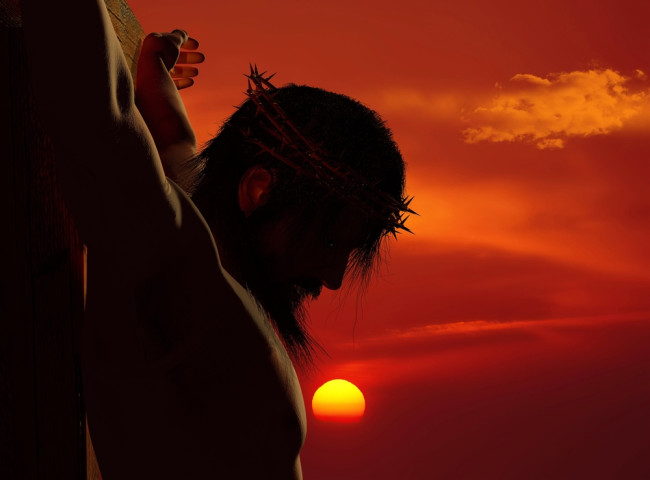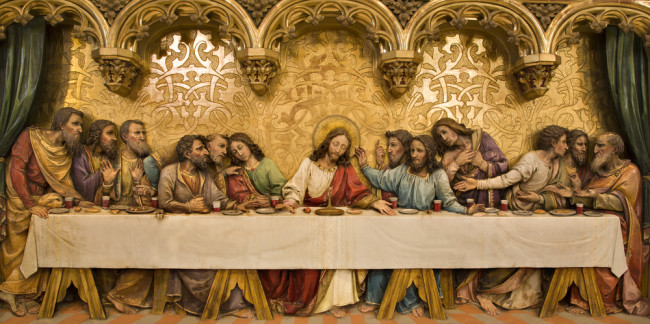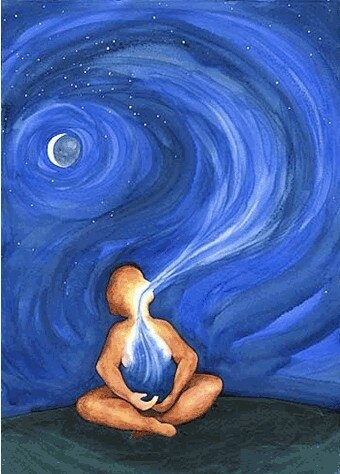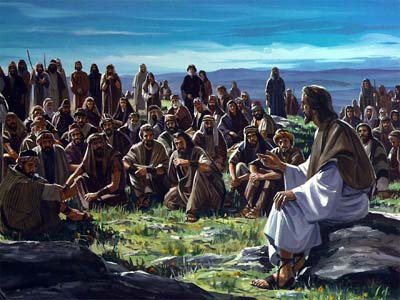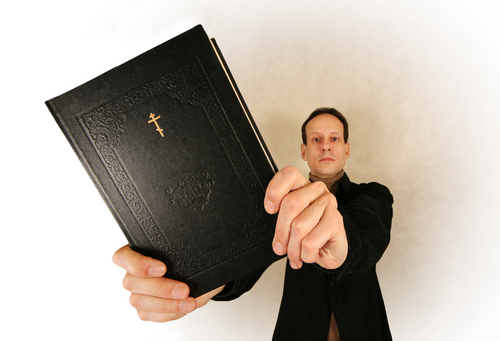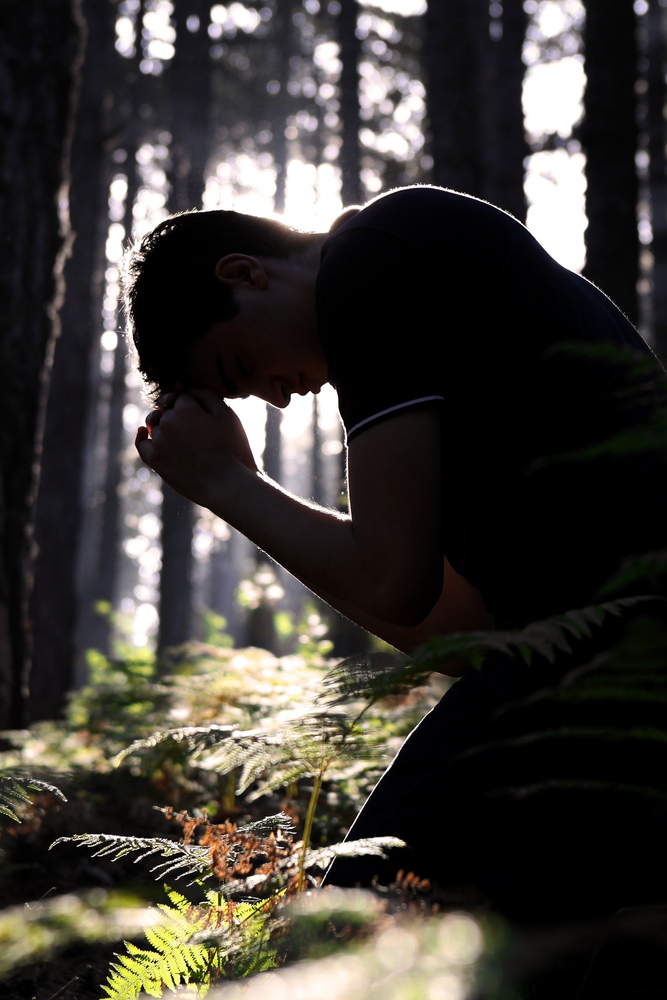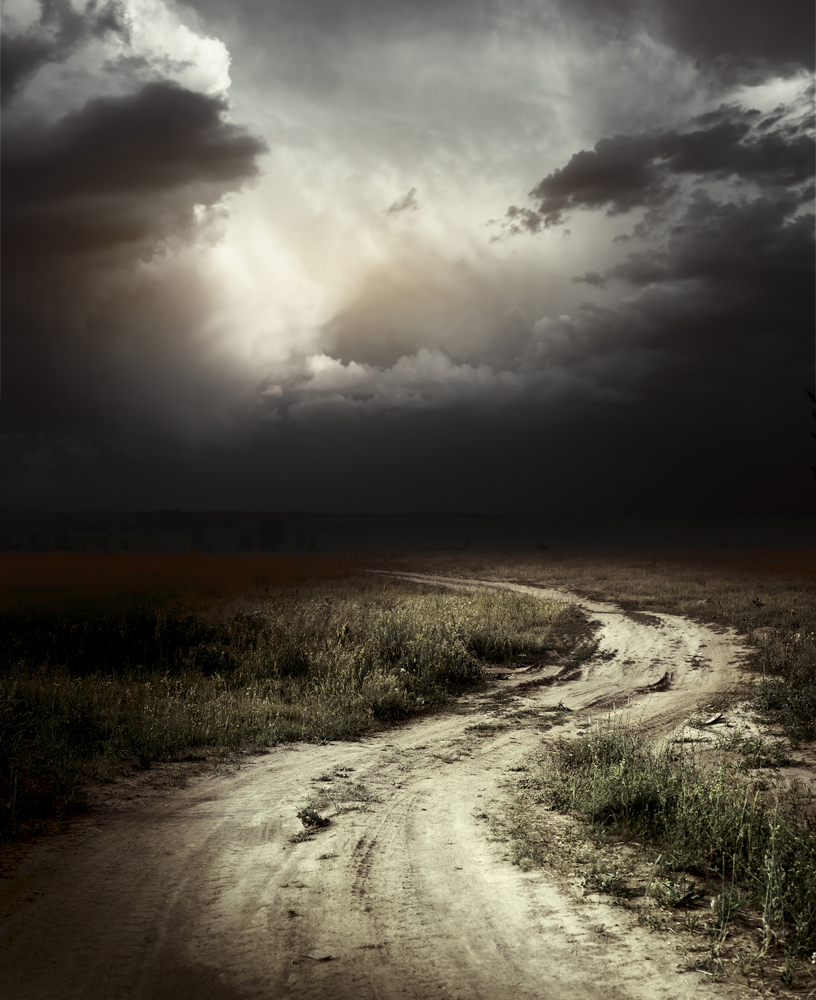I’m not sure why we can be so idealistic about human love when human love is profoundly imperfect and so often unreliable.
The Second Coming of Christ is an erroneous idea that developed among Christians in the last third of the first century AD. It weakened the assurance that the first Christians had that the kingdom of God had come.
In his first letter to the Corinthians, Paul said, "Everything is lawful, but not everything is beneficial." This was toward the end of a letter in which he had urged the members of the church in Corinth to follow a higher law -- to submit to the law of love. Later in the same letter, he said, "Don't look for your own advantage, but look out for one another."
I feel like we are being strangled, the life choked from us – disbelief, sorrow, fear, rage. Violence in the streets, jails, and cages at our border, targeting black and brown men, women, and children; a virus stalking us all, turning familiar comforts into threats.
It is good for us to be here. Be attentive. The Webster Dictionary defines an ‘aha moment’ as a point in time
The 15th century North Indian poet-singer-saint, Kabir, lived in a time of great tension between two major religions. He honored and bridged both with his bhakti devotional songs. He was claimed by the Hindus to be a Hindu and by the Muslims to be a Muslim. He both inspired and confused both camps with his mystical lyricism. He confounded them even in the legend of his death. The Hindus wanted to burn his body, and the Muslims wanted to bury him. When they looked under the garlands of flowers that had been placed on top of his body, they saw that his body was gone. The Hindus burned half the flowers, the Muslims buried the other half. One of the five pillars of Islamic practice is the expectation that every Muslim will make hajj, the pilgrimage to Mecca, at least once in a lifetime. For some Muslims, making hajj is an arduous and very expensive journey. But if your mind is your Mecca, why would you not make the journey to self-awareness every day?
Every time I enter into mindful prayer, I start by gazing into a mirror, dimly. A dim inner mirror, gazed at with dim inner eyes. Slowly I polish the mirror with loving, open, non-judgmental attention. My inner eyes begin to adjust and focus. And I begin to see not just the face I expect or want to see, but the whole picture of my thoughts, sensations, and urges - physically, mentally, and spiritually. Warts and stray hairs and happy smile and all! Behind the eyes that appear in the mirror I begin to awaken to the subtle eyes of the One who is doing the seeing. And then we begin to see, face to face...
When we share, our awareness grows beyond our little self to a broader reality.
Courage does not mean fearlessness and is a quality that exists within all beings and can be accessed at any time. We need only to turn inward to face life’s challenges with the courage that is already ours. Feeling anxious or fearful of new outward circumstances is normal for most people, but finding the courage to face those circumstances means recognizing that our divine nature is perfectly equipped and we have the inner resources to handle challenges.
When our identity is defined in outward ways, we are going to feel insecure because outward definitions always change. If we understand our identity as changeless spirit, then it is easier to let go of our attachment to our physical self. Jesus and other spiritual teachers have taught us that a spiritual path and our experiences on that path will lead us to a deeper understanding. It isn’t enough to just read the words or have the beliefs — we need to act in harmony with those beliefs in order to be more aware of who we really are. The world will tell us that our security depends on money in the bank or the right clothes or an important job, but we know all those things are temporary. True security that lasts forever comes from discovering the reality that we are spiritual beings. With that knowledge, we can face anything, even our fear of death. We can’t force children to feel secure, but we can encourage them to find that truth within themselves and live from that experience. We can also talk about death in a way that is not fearful. Our Western society does much to teach fear of death. We may not know what happens after we die, but if we are secure in the knowledge that our true self does not die, it only grows and evolves, then we need not fear death or any outward physical changes that happen to our human body.
Everyone has the option to say no — no, I don’t want to learn. No, I don’t want to work that hard. No, I won’t love that person. We were created with free will; saying no is a natural part of our development. But eventually, we begin to realize that saying no doesn’t usually bring us joy. We yearn for true happiness, and to find true happiness we must first stop saying no and say yes to growth opportunities. One of the greatest challenges in leading a spiritual life is simply being willing to try. Willingness requires that we step out of our comfort zone of limitations into new possibilities and allow new understanding to come through our experiences. Spiritual growth is about change. If we are not willing to have new experiences, or we are afraid of change, spiritual growth is impossible. Being willing is one of the greatest spiritual challenges, but it is also the secret to the greatest spiritual blessings. The disciples who followed Jesus left old ideas and habits behind and they discovered their true identity and their highest potential, all because they were willing. Meeting life with willingness requires enthusiasm, courage, good humor, humility, and a sense of adventure. It also means that we recognize the presence of God in every circumstance. Every life challenge shrinks when we are willing to take it on. If we encourage willingness in children, they will discover infinite possibilities in life and the infinite presence of spirit through every opportunity.
I was . . . suddenly so uncomfortable with the words I have always known to say during communion
Like all spiritual and religious celebrations, Easter can be experienced and understood on many levels. In the cycles of nature, we see examples of renewed life: animals being born, trees sprouting leaves, and flowers bursting with color in the spring. Our hearts respond with deep yearning for inner renewal as well. Springtime rituals in the northern hemisphere have always been a way to welcome the awakening life energy of the earth and the return of light, but they are also symbolic of the inner awakening that all souls experience. In the southern hemisphere, Easter is celebrated in the fall and is a time to celebrate the fall harvest and the gathering of family and friends. A Christian scholar, the Venerable Bede (672–735 AD), first asserted that Easter was named after Eostre, the great mother goddess of the Saxon people in Northern Europe. Her name was derived from the ancient word for spring, eastre. Pagan festivals associated with birth, the renewal of life, fertility, and sunrise date back to long before Christianity. Pagan religions in the Mediterranean area are recorded as having a major seasonal day of religious celebration at or following the Spring Equinox. Many of the present-day customs of Easter have their origins in these festivals.
From the Celebrating Mystery collection
1. Every tear is a womb which can birth new life. 2. Grief is the narrow passage through which we pass from death to life.
From the Celebrating Mystery collection
Buried in every beginning is an ending.
It’s true that words are not the answer to everything. Sometimes silence is healing. Sometimes silence lets you think. Sometimes just listening, either to a friend or to God or to your own heart is all that’s needed. But when the silence is deafening, when the silence is lonely, we need to hear a word. A word of hope. A word of encouragement. A word of love.
Westar Institute/Polebridge Press
In this radical reading of Paul’s famous claim that God stands with the nobodies of the world, Caputo explores the idea that the real interest of theology is not God—especially not God as supreme being.
“LAUDATO SI’, mi’ Signore” – “Praise be to you, my Lord”. In the words of this beautiful canticle, Saint Francis of Assisi reminds us that our common home is like a sister with whom we share our life and a beautiful mother who opens her arms to embrace us. “Praise be to you, my Lord, through our Sister, Mother Earth, who sustains and governs us, and who produces various fruit with colored flowers and herbs”.
From the Celebrating Mystery collection
Our senses and our use of them are part of God's creation. To attempt to deny our senses is as much an insult to God as is the misuse of them.
(Excerpt from Theology From Exile Vol. III, The Year of Mark by Sea Raven, D.Min.) Acts 10:34-43; Isaiah 25:6-9; Psalm 118:14-24; 1 Corinthians
From the Festive Worship collection
The mystery of the Eucharist (Holy Communion, Mass) is only fully perceived when all flesh is seen as embodying both the suffering and the delight of God.
From the Festive Worship collection
THEME The Connecting Solitude THOUGHTS FOR REFLECTION The spiritual desert is not a foe to be conquered but an emptiness to be affirmed: for when we are full, we perceive nothing, but when we are empty we can receive everything.
The incarnational faith of Jesus invites us to live more deeply into our spiritual convictions day by day. This type of faith invites us not just into knowledge, but into lived experience. In today’s digital age, we can get just about any information we want over the internet. What we desire and crave, in life, and in faith, is not simply knowledge, but inspiration, experience, and integration.
The church as we know it came about when one group of believers was opposed by a dissenting group. Then it became necessary for each group to define their concepts of Christianity and to label all others heretics.
The Greek word for “faith” in the New Testament is pistis, which occurs 243 times. As a noun, pistis is used as a technical term for “forensic evidence.” In other words, faith is not blind; we must investigate to establish the facts. I agree with retired Episcopal bishop, John Shelby Spong, who writes, “My problem has never been my faith. It has always been the literal way that human beings have chosen to articulate that faith.” To many Christians, faith means believing highly suspect claims, which is a problem for me. Thinking isn’t a sin. God created our minds and I’m certain that we were intended to use them.
From the Boundless Life collection
May the sap flow in our hearts Like the greening of the Earth: May our liveliness unfold Like the joyful Spring-time's birth,
I think Christian missionaries should live among the people exhibiting their Christianity in their daily lives. If the people see something in their lives that is missing in their own lives they will ask about it, which gives the missionary permission to tell them about their faith.
For Christians grace is God’s gift of pardon. According to William Barclay the Greek word for grace was originally a military term. When an emperor came to the throne or celebrated a birthday, he would give his troops a donatirim (donation), which was a free gift that they had not earned; it was given out of the goodness of the emperor’s heart. This idea was picked up by the Christian scripture writers when they wrote about the grace of God. Grace is something that is unearned and undeserved – unmerited pardon.
Can we actually believe that because Eve persuaded Adam to eat a forbidden apple the entire human race is doomed to hell? Can we truly believe that for several thousand years there was no chance for any human to be saved, even though none of them had anything to do with Adam and Eve’s disobedience in the Garden? Isn’t it ludicrous that a child born today is doomed because Adam and Eve disobeyed God? That creation/damnation scheme sounds more like devil-worship than God-worship.
When it comes to the existence of the devil, people normally have one of two reactions: they dismiss the devil and scoff at the idea that there is such an entity, or they exalt the devil, and attribute far more to him (or it) than is deserved. In a recent Gallup poll, 70% of Americans believe in the devil. Half of those surveyed believe that he (this evil force is most often referred to in masculine terms) is a personal force, while the other half believes he is an impersonal force. Let us see what the Bible says about Satan, the devil and the evil one.




